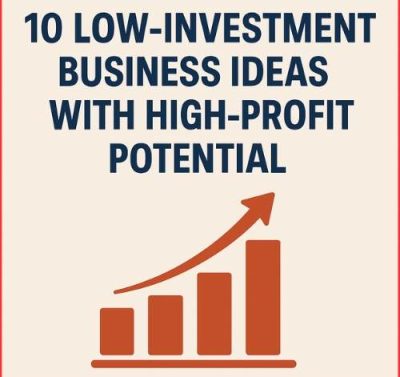Axis Bank and Pune-based fintech firm Fibe, formerly known as EarlySalary, announced their collaboration on Tuesday to introduce a numberless credit card.
The customer can connect the card to the Unified Payments Interface (UPI) system because RuPay powers the card.
Enhanced Security with Numberless Credit Card:
Customers who use numberless credit cards benefit from an increased level of security because there is no printed card number, expiration date, or CVV, according to a statement from the business. This ensures complete protection and privacy and lowers the possibility of identity theft or unauthorised access to a customer’s card information, it said.
Cardholders can view their credit card information via Fibe’s app, according to Fibe.
Access and Features :
For example, the co-branded card offers flat 3% cashback on online food delivery across all restaurant aggregators, ride-hailing applications, and online ticketing platforms.
Customers also receive 1% cashback on all in-person and online purchases.
Additionally, it includes a tap-and-pay feature and has never required an annual or joining fee.
Access to four domestic airport lounges, a remission of the fuel surcharge, and RuPay portfolio options are some of the additional features of this card.
According to the business, the card is accepted on all digital and offline sites. More than 2.1 million Fibe subscribers would have access to it, it was added.
This follows ET’s May story that companies in the fintech space, including Fibe and Paytm, were looking for co-branded alliances. In the same month, Paytm revealed a jointly branded card on the RuPay network with SBI.
Growth and Expansion plans:
“We aim to empower our users with a safe and secure payment ecosystem clubbed with the convenience of UPI payments, thereby establishing a fresh benchmark in the credit card industry,” said Akshay Mehrotra, co-founder and CEO of Fibe.
In its Series D fundraising last year, the business had raised $110 million at a $300 million valuation. It is currently expanding its geographic reach and diversifying its product line.
The company announced that it would utilise the money to expand its buy-now-pay-later (BNPL) business, expand its footprint to 150 cities, hire additional people for senior management roles, and expand its loan book.
Fintechs didn’t have the same business reach as banks, and banks didn’t have the same tech capabilities as fintechs, according to a previous article from last month. Therefore, cooperation is the framework on which both institutions should focus, Chaudhry stated on September 6 at the Global Fintech Festival in Mumbai.
According to Chaudhry, collaboration is also advancing quickly as both organisations get more familiar with recent advances in the sector.















